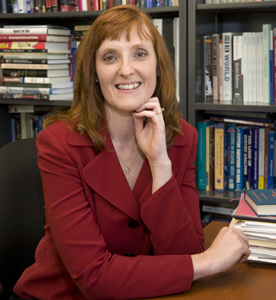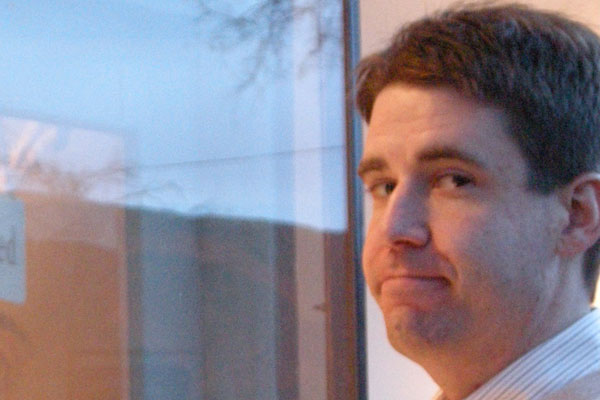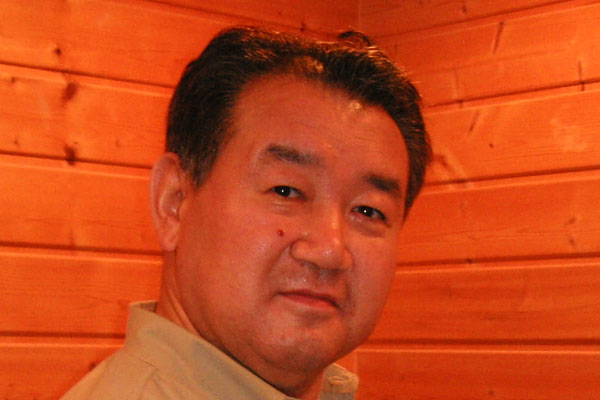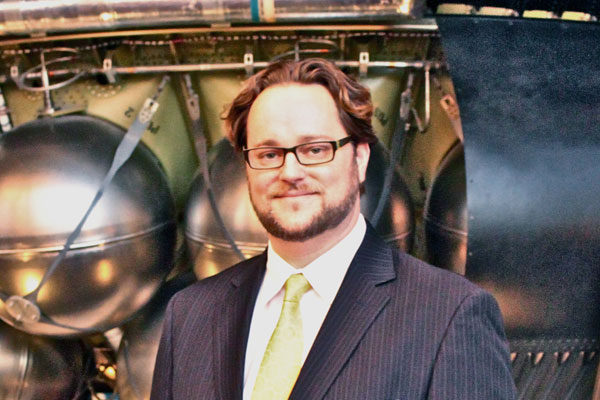Cornell degree broke alum’s cycle of poverty
Deanna L. Wilkinson ’90 is associate professor of Human Development and Family
Science at The Ohio State University, where she is deeply involved in research and outreach to end the epidemic of gun violence. She is the 2008 receipt of the Society of Research on Adolescence Young Scholar award, the 2009 Les Wright Youth Advocacy award, 2010 OSU College of Education and Human Ecology Distinguished Service award, and the 2010 Fire and Focus Service award. Wilkinson, who changed her major eight times before finding her passion for sociology, credits Cornell with changing her life. Not only did support from alumni provide her with financial aid, she says, but programs like the Writing Center and support from professors gave her the skills she needed to succeed.
 Q: What’s the most important thing you learned at Cornell?
Q: What’s the most important thing you learned at Cornell?
A: Sociology provided the framework, scientific method of discovery, and application to real world problems. The opportunities came in the classroom through outstanding instructors and class projects, through off-campus programs like the Urban Studies Program in Chicago, through research opportunities to assist faculty with projects, and through student organizations such as Alpha Phi Omega, the co-ed service fraternity. Observing the juvenile justice system at the Cook County Juvenile Public Defender’s office was eye-opening. I was overwhelmed by the dysfunction in the system and began to think about alternative career paths that would still allow me to make a difference in the lives of disadvantaged kids. Being able to explore early on helped me find my way.
Q: What person on campus had the biggest impact on you?
A: The first-hand experience I had in conducting research with Dr. Peterson helped me see how knowledge can help make change. Dr. Vaughn was a very powerful role model in terms of women in science. Dr. Carlson’s work in the areas of justice, deviance, and family matched closest to my interests in the field of criminal justice. He helped me pursue graduate studies in criminal justice. Barbra Versino ’90, my roommate all four years, was another huge influence on me. She taught me to believe in myself and not to be afraid to dream big.
Q: How did Cornell change you?
A: Both of my parents were high school dropouts and my family was dependent on welfare for survival. Cornell admission recruiter Holly Hollibaugh ’82 visited my small rural high school and helped me realize I could go to college. I know I would not be where I am today or where I hope to go in the future without the extraordinary experiences I had at Cornell.
Q: If you could go back and tell your 20-year-old self one thing, what would it be?
A: A college degree really will help to break the cycle of intergenerational poverty, and the student loans will be paid off by the time you are 31!
Q: What makes you happiest?
A: Two things: (1) enjoying a wonderful day of hiking with my husband and boys and (2) figuring out a solution to a complex problem.
Q: What qualities do you most admire in others?
A: Compassion, honesty, humility, and drive.
Q: What historical event fascinates you most?
A: The civil rights movement still fascinates me most. I believe the social justice work I am doing around violence prevention is an extension of that movement. We have much work left to do in this country.



